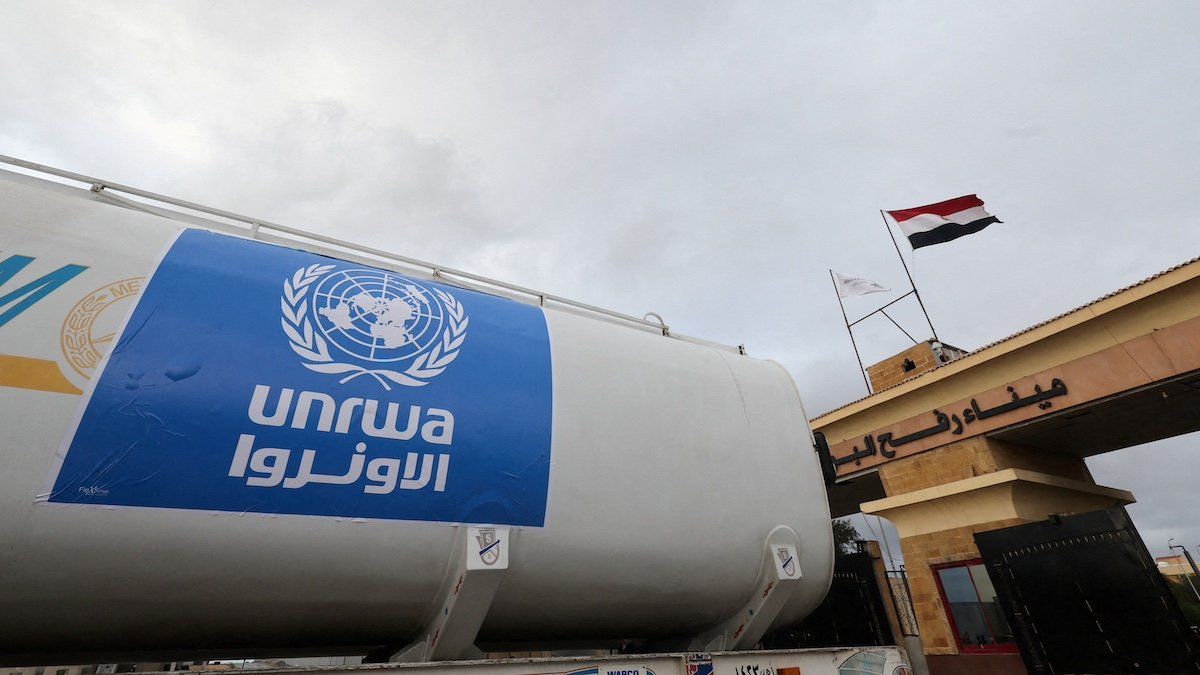On Sunday, France, Austria and Japan announced they were joining the US, Germany, Canada, Italy, the UK, the Netherlands, Switzerland, Australia and Finland in pausing their funding for the UN Relief and Works Agency for Palestinian Refugees. At least a dozen employees of UNRWA allegedly cooperated with Hamas in planning the Oct. 7 attacks.
Together, the countries that have pulled their money made up well over 60% of the funds for UNRWA in 2022, and representatives of the organization say they will not be able to function long without the support. Norway and Ireland, however, agreed to continue funding UNRWA, saying their work supporting the displaced and devastated population of Gaza is too important.
What happens now? UNRWA has fired nine of the 12 employees accused of cooperating with Hamas, though the details of their alleged collaboration are not publicly known. The US did frame its suspension of funding as temporary, leaving the door open to resumption. But UNRWA is already regarded with deep distrust within Israel, and the Biden administration may face pressure from its ally not to resume funding.
In the meantime, however, over 2 million Gazans are in desperate straits, displaced from their homes and reliant on UNRWA for what food and medicine they can get. Some are calling for the Gulf states to step in with funding to replace what the West has withdrawn, but no signs yet the money is forthcoming.
